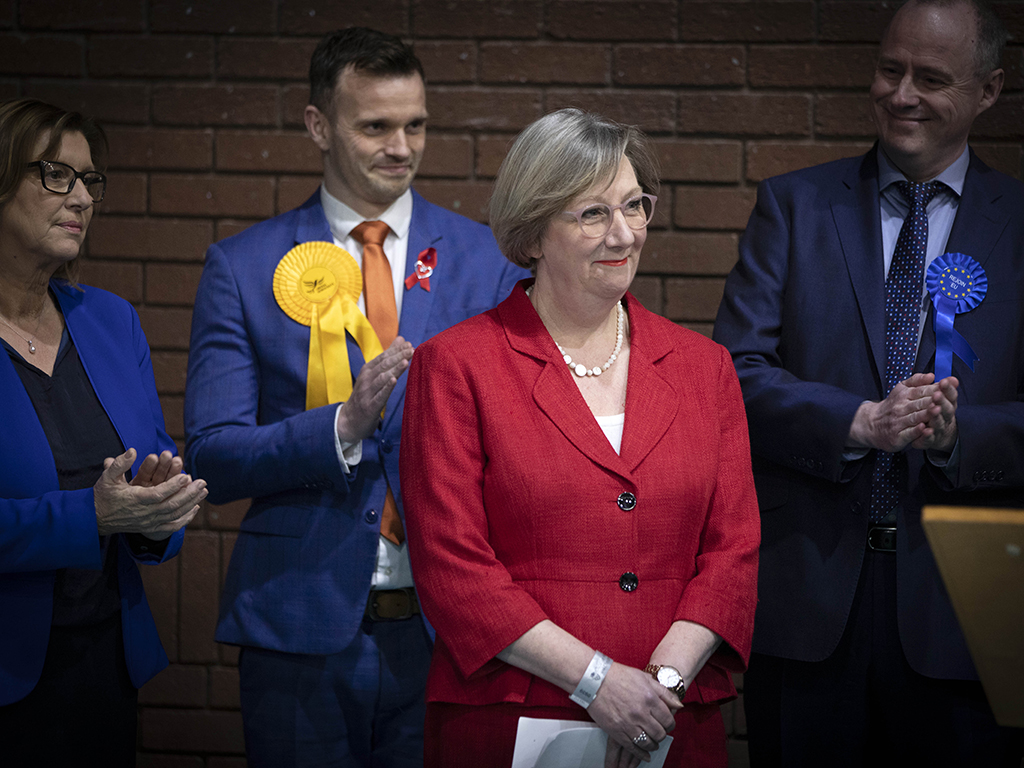
Labour has held the City of Chester, winning the seat with a greatly increased majority, in a by-election blow for Rishi Sunak’s Conservatives.
Samantha Dixon, a local councillor, won the Cheshire constituency with a 10,974 majority and a 61.2 per cent share of the vote, while the Tories came second with just 6,335 votes and a 22.4 per cent vote share (down from 38.3 per cent), their worst result there since 1832.
It means that Chester is now a safe seat for Labour, having been its most marginal in 2015 when the party won by just 93 votes. The news will be met with anxiety in Conservative Campaign Headquarters and among Tory MPs in parliament. Speaking on BBC Radio 4 this morning, the polling expert John Curtice said the result indicates Labour is on course for a sizeable victory at the next general election.
“This is the best performance by Labour since David Cameron first walked through the door of Downing Street [in 2010],” he said. “It is one indication that Labour are in a stronger position than they’ve been at any previous point when they’ve been trying to try to challenge the Conservatives over the last dozen years.”
But he added: “A 13-point swing wouldn’t be enough for an enormous majority, but it would undoubtedly be enough to produce a favourable majority.”
How can Sunak turn his party’s fortunes around? An improvement in the economy would provide the Conservatives with a boost and give the Prime Minister something to build on. The greater risk for Labour, however, is that a “small-target strategy” – being risk-averse and choosing to say little in the run-up to an election – could backfire. While Jeremy Corbyn’s manifesto packed with radical policies led to a disastrous defeat in 2019, the prolonged cost-of-living crisis could mean that this time around people will be looking for hope and responsive to messages of reform and renewal.
Logic might suggest that Labour’s main task ahead of the next election is to prove the party can be trusted, but many within the party want Keir Starmer to win a mandate for change. And given that the economy might start to improve at some point in the next two years, Sunak could begin to fill in the gaps left by Labour. If so, Starmer may find himself failing to hang on to his momentum.
This piece first appeared in the Morning Call newsletter; subscribe here.
[See also: By protecting private schools, Rishi Sunak is chasing voters who don’t exist]






